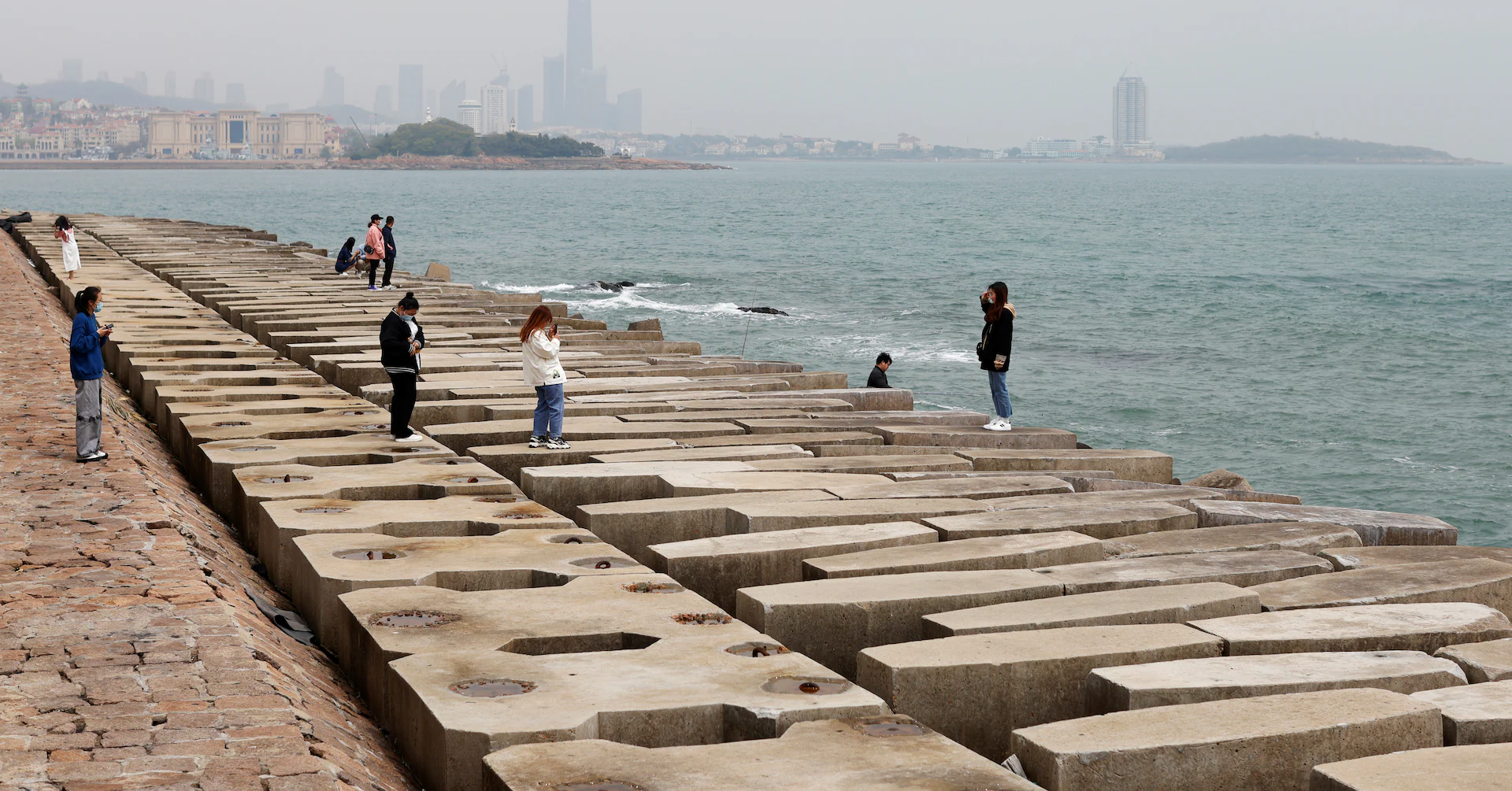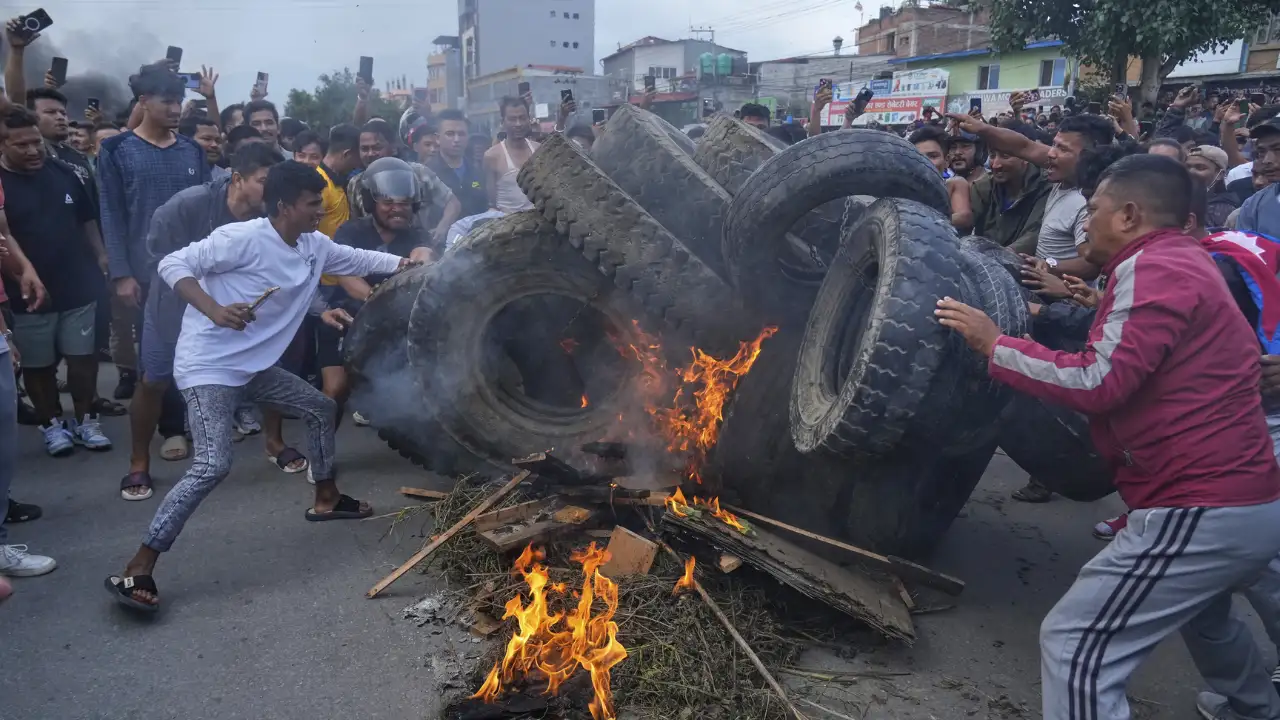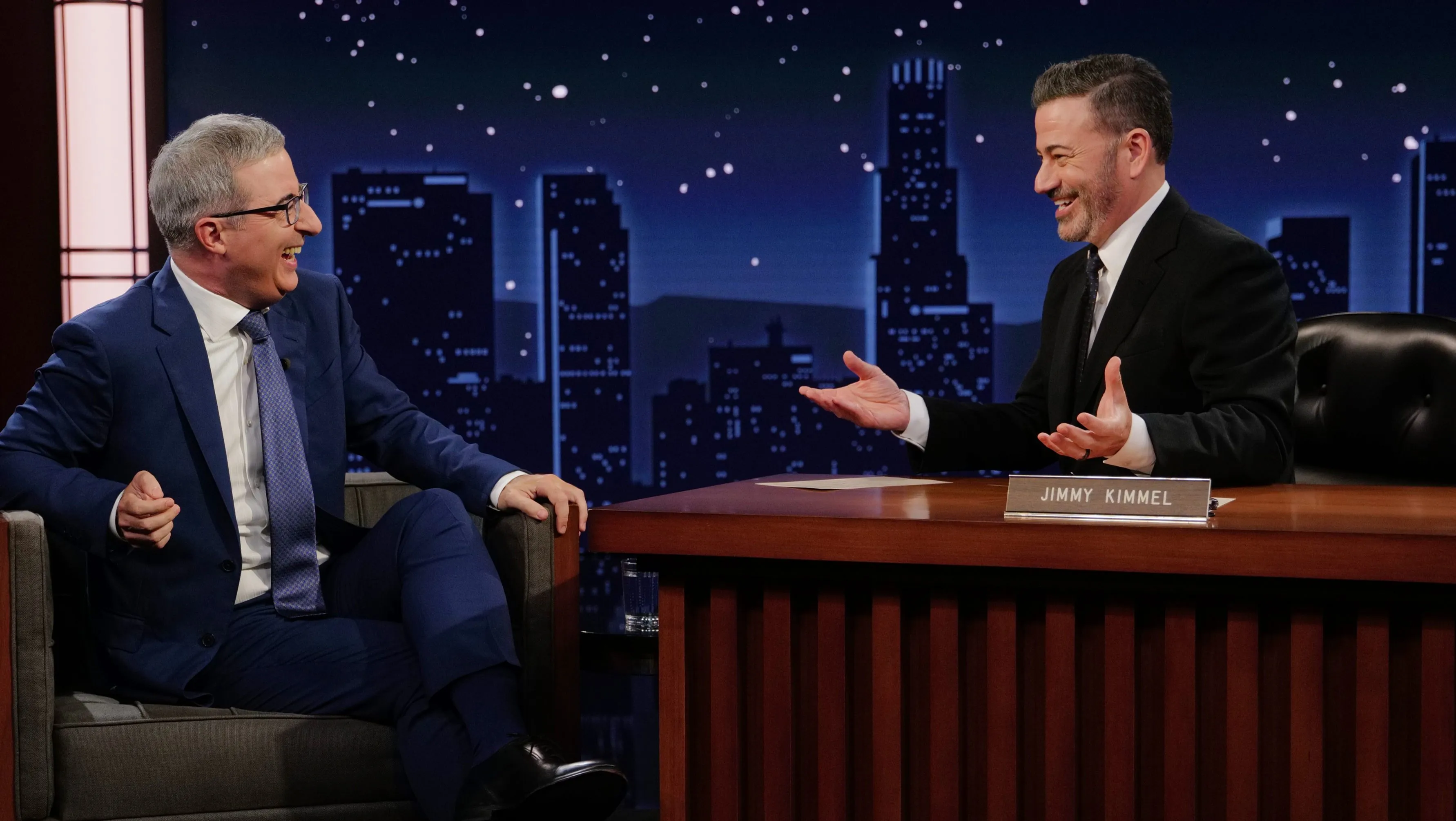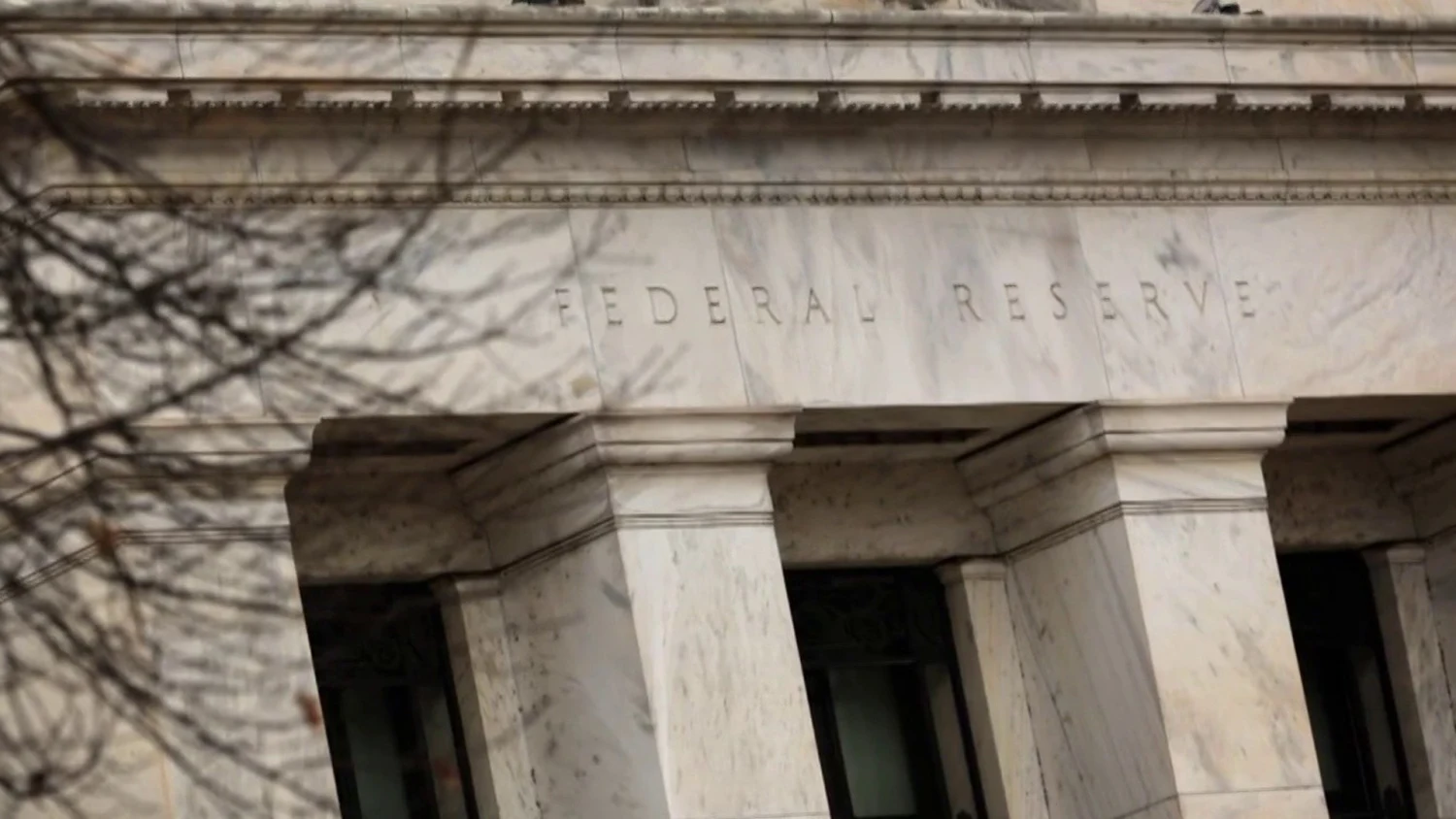By Anita Roberts
Copyright dailypost
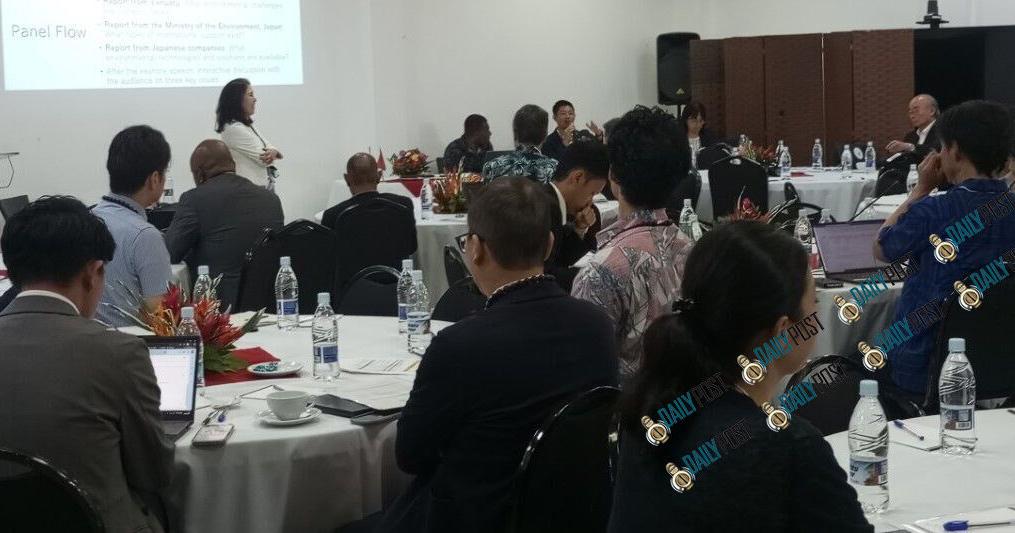
An environmental seminar was held recently for Vanuatu and Japan to share views and experiences in waste management.
Japan is considered a global leader in waste management, with its strict household shorting, wide-spread incineration and recycling. Like Vanuatu, it struggles with growing waste due to population growth and limited land for disposal.
Through the Promotion of Regional Initiative on Solid Waste Management in Pacific Island Countries (J-PRISM) Project, the Japan International Cooperation Agency (JICA) is helping Vanuatu improve waste management, upgrade the Bouffa and Luganville landfills and promote recycling.
In her presentation, Professor Oki Akemi from the Sophia University explained that after WWII, Japan’s rapid economic growth and population increase leads to problems like more waste. The government responded with strict laws to address public health and environmental issues.
One of things she mentioned that makes Japan’s waste management unique is the focus on personal responsibility and cleanliness. The concept of being responsible for waste is part of the cultural, and children are taught from a young age to sort and handle their waste properly.
She also highlighted the critical role of citizen participation in policy development, and the partnership between consumers, the government, and producers for efficient waste management.
A senior officer at the Department of Environment, Rontex Mogeror, said the seminar was an opportunity to present examples of solutions, technology, and methods for waste segregation, recycling, and resource recovery that could be applied in Vanuatu.
“Our islands are distance and to manage all the waste together is quite challenging. Right now, our landfill is small to accommodate all waste from Port Vila and Shefa, so we are focussing on managing green waste from markets and households,” he said.
“A 2022 audit study revealed that around 1,738 tonne of electrical waste imported into the country per year has a very low recycling and recovery rate. As a result, most e-waste ends up in backyards, creeks, the ocean, and landfills polling our environment.
“Another example is PET bottles. Each year, 859 tonnes are imported into the country, with a recovery and export rate of zero. How can we solve this? There are ways, but we need to prioritize the ones that will work in Vanuatu.
“We are working on developing composing sites because a large amount of organic waste and cardboard ends up in the landfill. We also encourage recycling, but it can only happen if there is a market for it.”
A representative from public health pointed out that medical waste, which is a very hazardous waste type, does ends up at the landfill lack of expertise, and that there is a lack of expertise in maintaining incineration machines.
Japanese Ambassador to Vanuatu, Okuda Naohisa, said this seminar is more than just a gathering of experts and activists.
“It is a call to action. Like many other Pacific Island nations, Vanuatu is on the frontlines of climate change and environmental degradation. Rising sea levels, extreme weather events, coral bleaching-these are not distant threats, but realities unfolding before our vey eyes.
“Waste management is also a critical challenge…The environment is not a separate issue. It is the foundation of our health, our economy, our identity and our future,” he said.
The seminar is co-hosted by the Division of Global Environmental Studies (Japan)/International Organisation Pacific Islands Centre (PIC) at Sophia University, Japan Embassy in Vanuatu, Ministry of Climate Change and Environment, Vanuatu Foreign Investment Promotion Agency, JICA and the Japan Ministry of Environment.
